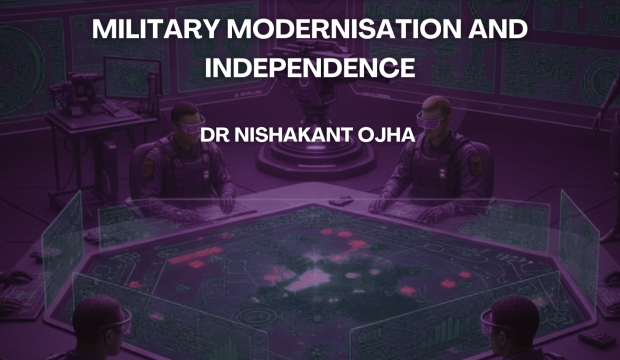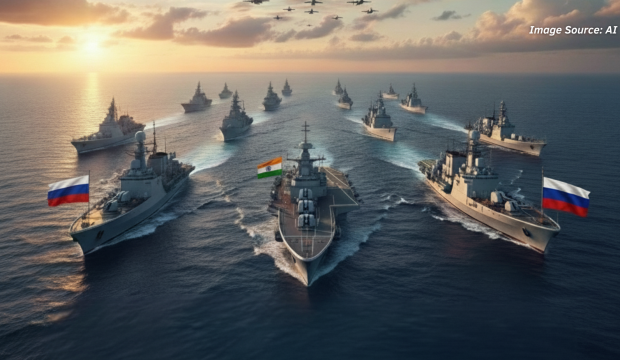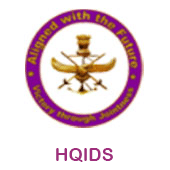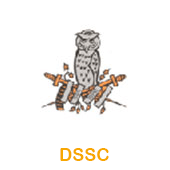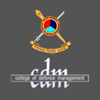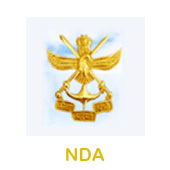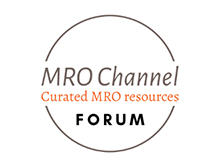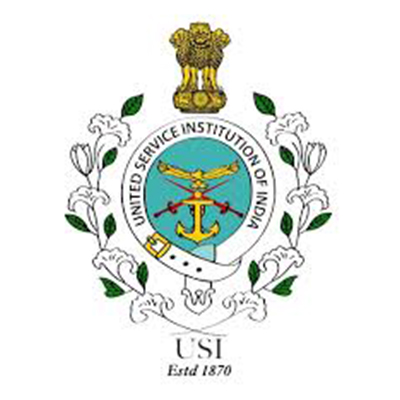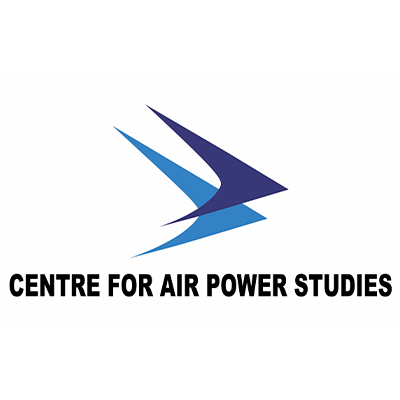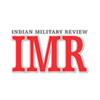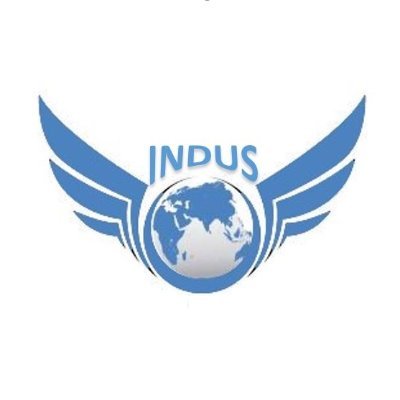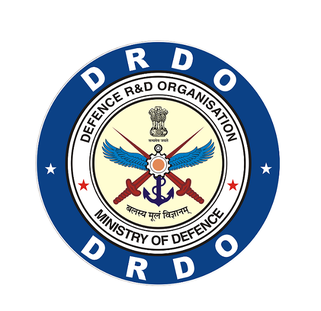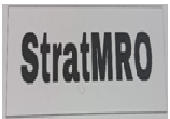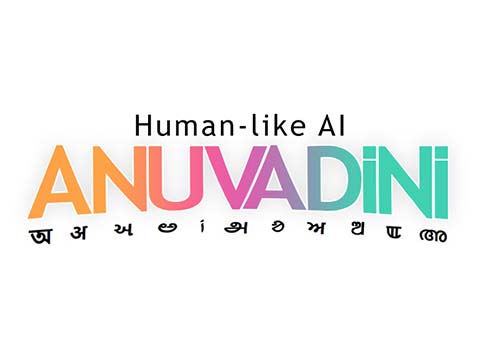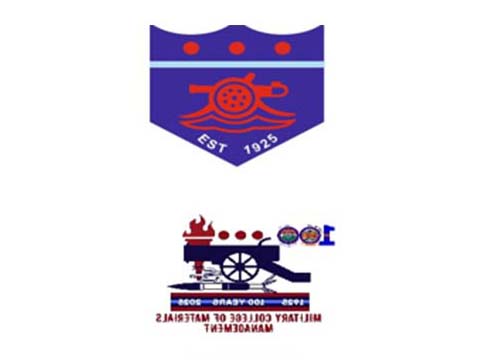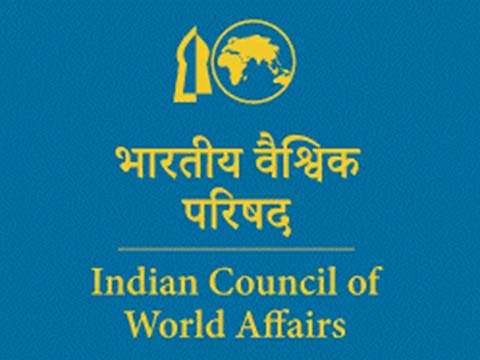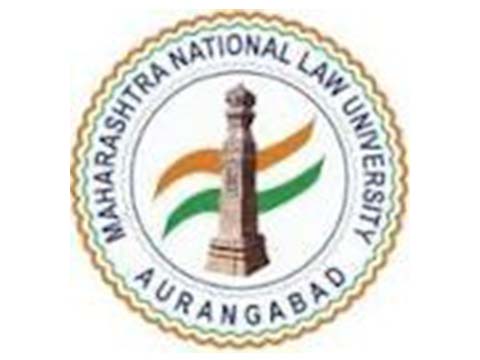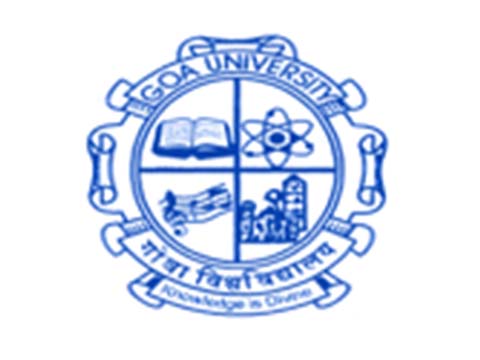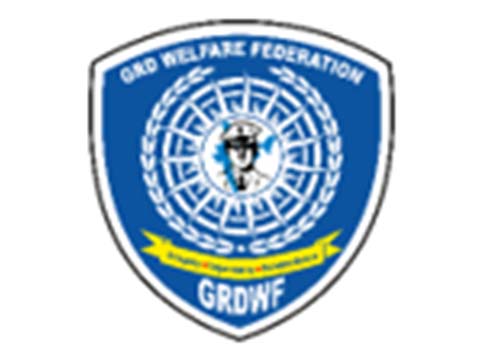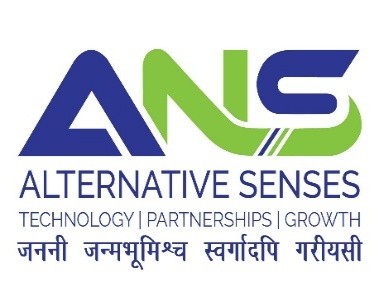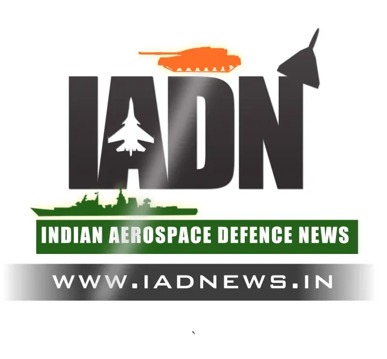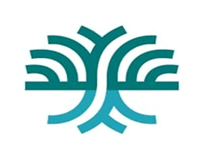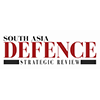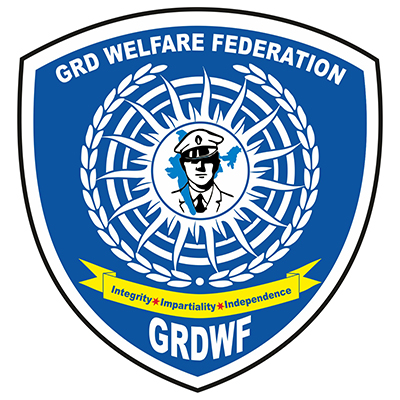Introduction
To increase the security measures in the maritime domain especially in the region of the Horn of Africa, different naval forces in the Indo-Pacific joined hands to seek cooperation with various international organizations, international actors and regional partners.
However, since the problem of piracy, crimes in the fisheries sector, illegal trade, illicit trafficking and maritime terrorism continues unabated in the Indian Ocean, the EU members extended the term of EU NAVFOR, EUCAP – SOMALIA and the EU’s civilian capacity-building mission EUTM -SOMALIA to December 2024. In doing so, they gave Operation ATALANTA, a new mandate of being a standard for Maritime Security Provision over the whole of the North Western Indian Ocean.[1] The new mandate expressed the will of establishing a new enhanced relation with EMASOH – AGENOR, by way of developing further links and synergies with this European-led operation in the Strait of Hormuz.[2] With this mandate, Operation ATALANTA is now in a better position to contribute to the implementation of the UN arms embargo on Somalia, reduce drug traffic, support the ongoing fight against Al Shabaab and its funding streams, and to assist the progress of the government of Somalia.[3]
Twenty nations which include many European and Non-European countries constitute the contributing partners of Operation ATALANTA. Among them, India and South Korea play a crucial role as indispensable partners. Accordingly, the EU, India and South Korea are explicitly dedicated to free, open, inclusive and rules-based maritime security, democracy, rule of law, freedom of navigation, human rights and work towards a sustainable and prosperous Indo-Pacific region.
This article aims to cover the areas in which the EU, India, and South Korea can work together to provide regional security and stability in the Indo-Pacific region. In doing so, the article will discuss how both the nations are working with the EU to suppress piracy in Somalia with varying mission objectives and mandates.
Background
After the end of the Cold War, many African countries found their stability but Somalia continues to struggle with the upheaval. Ultimately, Somalia has been tagged as a failed state[4] after becoming the focal point for illegal activities and becoming a home for piracy in the waters of the Horn of Africa. The factors that contribute to piracy in Somalia include dumping toxic wastes by the Netherlands, illegal fishing, ineffective security structure, drug trafficking from countries such as Iran and Pakistan, and Eritrea’s hostile relationship with Ethiopia. The 1990 Civil War and the overthrowing of the dictatorial government leader Mohamed Siad Barre in 1991 was the main reason why Somalia has since been a failed state that plunged into complete instability, political fragmentation and economic crises. In recent years, violent threats from the extremist terrorist group ‘Al- Shabaab’ has become a major concern for most African countries. This has forced the African nations to give due consideration to the issue of piracy in this region. Due to negative repercussions on international trade and on maritime security, the Council of the European Union launched the European Union Naval Force (EU NAVFOR) ATALANTA in 2008 in accordance with the United Nations Security Council (UNSC) Resolutions and the UN Convention on the Law of the Sea (UNCLOS) (Vienna 1988).
The main objective of this military setup is to fight against armed assaults and piracy in the Horn of Africa, the Somali Basin, the Gulf of Suez, the Gulf of Aqaba, the Gulf of Aden and the neighbouring countries and the Strait of Bab el-Mandeb that links the Indian Ocean and the Red Sea.[5] The EUCAP – SOMALIA and EUTM – SOMALIA also work as a sister mission with Operation ATALANTA to increase the regional maritime security architecture.[6] Since its establishment, Operation ATALANTA has contributed significantly to the suppression of piracy, as well as the protection of the vessels of the World Food Programme (WFP), African Union Transition Mission in Somalia (ATMIS)[7] and other international vulnerable shipping. It acts, as far as mandate allows, and develops options towards countering illegal trafficking, a major source of income for criminals and terrorist organizations.[8] The ‘Area of Operation’ of Operation ATALANTA, since 2008, covers the southern Red Sea, the Gulf of Aden and a large part of the Indian Ocean and the island states of Seychelles, Mauritius and Comoros (including the Arabian Sea approximately up to 65° East longitude)[9] as seen in Fig. 1.

Figure 1: The Area of Operation of Operation ATALANTA
(Source – https://eunavfor.eu/mission)
The EU and India
The EU-India Strategic Partnership Roadmap 2020-25 focuses on strengthening the strategic partnership in diverse domains, including maritime security cooperation. The maritime dimensions of Indian foreign policy including the security element, has gathered significant momentum, particularly with the articulation of Security and Growth for All in the Region (SAGAR)[10] vision in 2015 and the Indo-Pacific Oceans Initiative (IPOI)[11] in 2019. On October 2023, the EU joined the IPOI, an open, non-treaty based, global initiative aimed at addressing common challenges in the Indo-Pacific region, which marks a significant effort to strengthen the bilateral relationship between the EU and India. Earlier, the first naval Passage Exercise “PASSEX” — essentially an ‘opportune’ exercise that maximizes opportunities – was conducted between the navies of the EU and India off the coast of Somalia in October 2017[12] in line with SAGAR which is a doctrine of maritime cooperation in the Indian Ocean region. Following a request from Operation ATALANTA, the Indian Navy undertook its first escort of a WFP vessel in the region in December 2018. Besides these, the Indian Navy has been an active member of the Shared Awareness and Deconfliction (SHADE)[13] forum and has participated in the Internet-based MERCURY Counter-Piracy Coordination tool of the EU NAVFOR Maritime Security Centre Horn of Africa (MSCHOA)[14] along with other Task Forces and observers for tactical coordination of anti-piracy efforts.
With the commencement of the year 2024, the activities of hijacking by Somali pirates raised concern for India and the EU. These activities kept the Indian Navy active and made them to thwart four piracy attempts in the Arabian Sea. The first one on 05 January 2024 ensured the safety of 21 mariners including 15 Indians, from a Liberian-flagged carrier in the North Arabian Sea while the second on 28 January 2024 saved 17 Iranian nationals from the Iranian flagged Fishing Vessel (FV) Iman and then 19 Pakistani national from Fishing Vessel Al Naeemi on the same day.[15] Another successful antipiracy operation was done by INS Sumitra on 29 January 2024 where Indian Navy freed an Iranian fishing vessel hijacked off the coast of Somalia and ensured the safety of all 17 crew members along with the boat.[16]
Studies have shown that both the EU and India suffer from the rise of Islamic terrorism.[17] This has impacted internal geopolitics and security of both the EU and India. Currently, many partners of the EU such as Syria, Libya and Ukraine are facing major regional conflicts which have become a challenge for India and the EU as stability in the Middle East is important for both.
Even though Germany, France, Italy, Belgium and the Netherlands of the EU are major economic partners of India and are helping India in becoming one of the emerging economic trade partners in Asia, India and the European countries can collaborate further in modernizing India’s maritime capabilities and work together on issue of climate change, sustainable development.
The EU and the Republic of Korea (ROK)
South Korea is considered as one of the most promising strategic partners of the EU as it is the only country in Asia which has signed a framework of agreements with them covering political cooperation in 2014, a free-trade agreement in 2015, and a crisis management participation agreement in 2016.[18] Additionally, as a contributing nation to ATALANTA, the ROK Navy deploys an officer on board the flagship of EU NAVFOR.[19] South Korea and the EU have been successfully involved in trade relations for years and an FTA between them, signed in 2015, is a testament to this relationship. Imports and exports of automobiles, electronics, agricultural products and more between them have gained significant growth in recent years. The strategies of the EU and South Korea for the Indo-Pacific also focus attention on similar areas of action, namely economic, cyber and maritime security. In addition, South Korea has been a suitable partner of the EU in the Indo-Pacific region in many areas of cooperation such as green transition, trade and economic relations, connectivity as well as security and defence engagements. Both the EU and ROK have been engaged in fighting terrorism, increase of maritime and cyber security, counter-piracy and securing maritime trade.
To present the new Coordinated Maritime Presence (CMP) concept for the North-Western Indian Ocean and to invite South Korea (ROK) to participate in joint activities under this program, the EU Ambassador Pulch and the OPCDR V Adm José M. Núñez Torrente met the government representatives of ROK in August 2023.[20] It was also a unique opportunity for them to express their gratitude for ROK’s contribution to Operation ATALANTA.
India and the Republic of Korea - Way Ahead
Undoubtedly, safe and secured sea routes are an important measure for the prosperity and stability of the Indo-Pacific region. Maritime security cooperation between South Korea and India in the Indo-Pacific is vital as both nations are emerging as strong economic partners.[21] Being the two middle powers of the Indo-Pacific, it is essential for South Korea to increase its maritime security cooperation with India in the Indian Ocean region and strive to increase their joint maritime training to address counter piracy and an effective secured sea route.
To strengthen bilateral relationship and maritime partnership South Korea should speed up the process of joining the IPOI. While the ROK became an observer of the Indian Ocean Naval Symposium (IONS) in December 2023, they should try and upgrade it to a full membership so that they can collaborate to address counter piracy and increase maritime domain awareness in the Indian Ocean region. In addition, ROK can consider deploying liaison officers to the Information Fusion Centre-Indian Ocean Region (IFC-IOR)[22] which would help ROK to actively participate in sharing maritime security information in the Indian Ocean.
Similarly, India could join hands with ROK in areas of Joint Capacity Building, Humanitarian Assistance and Disaster Relief (HADR), search and rescue, marine pollution, counter terrorism, counter trafficking, shipbuilding and anti-piracy as discussed in the New Southern Policy of ROK.[23] Accordingly, to foster greater maritime engagements, the two countries signed an Inter-Governmental MOU for Defence Industry Co-Operation in Shipbuilding in 2017.[24] The two nations can also engage in matters related to Blue Economy.
India and ROK working together for trade and in maritime issues would help India reduce dependence on major powers to protect India’s maritime interest; reduce Chinese maritime assertiveness and will help monitor potential developments in the region as articulated by Dr C Raja Mohan in his book Samudra Manthan.[25]
Conclusion
India, South Korea and the EU have a strong maritime connect. They have been heavily engaged in the Indian Ocean region due to significant factors such as transportation, mineral resources and fishing. These maritime activities are under threat from the resurgence of piracy in the region as seen at the beginning of 2024. While the current events could be addressed by the presence of the Indian Naval forces, it is essential that through greater involvement of Operation ATALANTA the piracy is disallowed to take root again. South Korea, the EU and India being essential partners in Operation ATALANTA can collaborate extensively in diverse areas of maritime security and foster global development of a safe and secured maritime environment. Since India, the EU, and South Korea have converging interests in the Indo-Pacific region, they need to take more prominent roles in maritime engagements to keep pace with the rapidly changing landscape of the Indo-Pacific region.
References
- EUNAVFOR. “MISSION.” Accessed February 7, 2024. https://eunavfor.eu/mission
- Ibid
- “EU Extends Naval Operation Combating Piracy off Somalia through 2024.” n.d. The Maritime Executive. https://maritime-executive.com/article/eu-extends-naval-operation-combating-piracy-off-somalia-through-2024.
- Marla C. Haims, David C. Gompert, Gregory F. Treverton et al. (2008) “Breaking the Failed-State Cycle”, https://www.rand.org/pubs/occasional_papers/OP204.html.
- EUNAVFOR. “MISSION.” Accessed February 7, 2024. https://eunavfor.eu/mission
- Ibid
- “Home.” n.d. African Transition Mission in Somalia (ATMIS). https://atmis-au.org/
- Laird, Robbin. 2021. “EU and Indian Cooperation: Indian Ocean Maritime Security.” Defense.info, https://defense.info/maritime-dynamics/2021/08/eu-and-indian-cooperation-Indian-ocean-maritime-security/.
- Ibid
- PIB Delhi, (2024, March 30), PM Atma Nirbhar Swasth Bharat Yojana, PM Atma Nirbhar Swasth Bharat Yojana (pib.gov.in)
- “Indian Council of World Affairs.” n.d. Icwa.in, https://icwa.in/error.php.
- MEA, (2017, October 06), “India – EU joint statement during the 14th India-EU summit”, New Delhi, https://www.mea.gov.in/bilateral-documents.htm?dtl/29011/India%B1%B1EU%B1Joint%B1Statement%B1during%B114th%B1IndiaEU%B1Summit%B1New%B1Delhi%B1October%B106%B12017
- “50th SHADE International Forum | EUNAVFOR,” n.d. https://eunavfor.eu/news/50th-shade-international-forum-1.
- Dr. P.K. Ghosh, (2016, February 23), “Shared Awareness and Deconfliction Initiative, Indo-Pacific Defence Forum,” https://ipdefenseforum.com/2016/02/shared-awareness-and-deconfliction-initiative
- PIB, (2024, January 30), INS Sumitra Carries out 2nd Successful Anti-Piracy Ops – Rescuing 19 Crew members and Vessel from Somali Pirates, https://pib.gov.in/PressReleseDetailm.aspx?PRID=2000473
- World Asia, “Indian Ocean Naval Forces Rescue Two Boats from Somali Pirates.”(January 29, 2024),AFP ,https://gulfnews.com/world/asia/india/indian-ocean-naval-forces-rescue-two-boats-from-somali-pirates-1.100726007.
- IPD Forum, and IPD Forum, (2016, February 29) “Shared Awareness and Deconfliction Initiative | Indo-Pacific Defence Forum.” Indo-Pacific Defence Forum https://ipdefenseforum.com/2016/02/shared-awareness-and-deconfliction-initiative/.
- “The European Union and the Republic of Korea | EEAS,” n.d. https://www.eeas.europa.eu/south-korea/european-union-and-republic-korea_en?s=179.
- EUNAVFOR. “MISSION.” Accessed February 7, 2024. https://eunavfor.eu/mission
EU NAVFOR OPERATION COMMANDER FIRST VISIT to REPUBLIC of KOREA, (2024, January 23), Eunavfor.eu, https://eunavfor.eu/news/eu-navfor-operation-commander-first-visit-republic-korea.
“India-Rok Trade and Economic Relations | Embassy of India, Seoul,” n.d. https://www.indembassyseoul.gov.in/india-rok-trade-and-economic-relations
Centre, Ananta. (2023, November 29). “22nd India-Korea Strategic Dialogue | 27-28th November 2023, Seoul.” https://anantacentre.in/22nd-india-korea-strategic-dialogue-27-28th-november-2023-seoul/
- Abhijit Singh, (2020, Feb 7), “India-South Korea Strategic Relations: Shared Imperatives, Common Goals,” ORF, India-South Korea strategic relations: Shared imperatives, common goals (orfonline.org)
- “India and South Korea—Special Strategic Partnership,” n.d. https://www.spsnavalforces.com/story/?id=473
- Abhijit Singh, (2020, Feb 7), “Advancing India’s Relationship with Japan and South Korea: Quest for Middle Power Cooperation,” IPCS, https://www.ipcs.org/issue_select.php?recNo=603.





